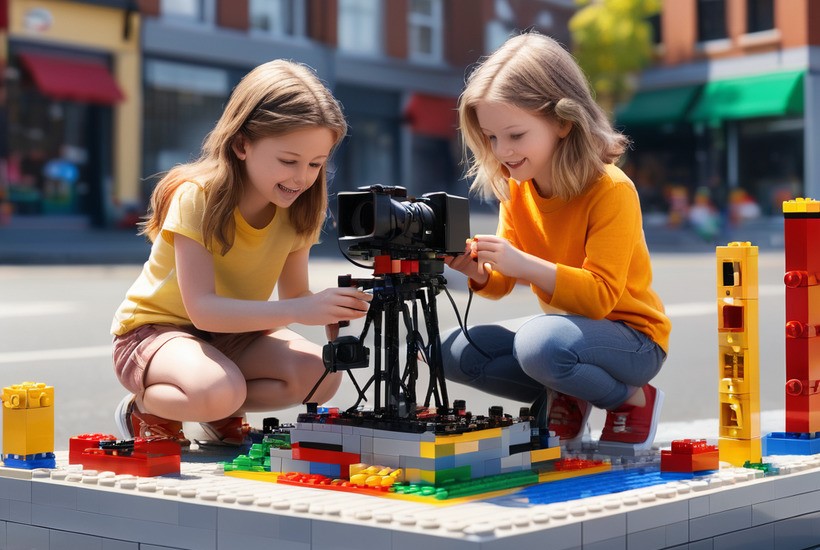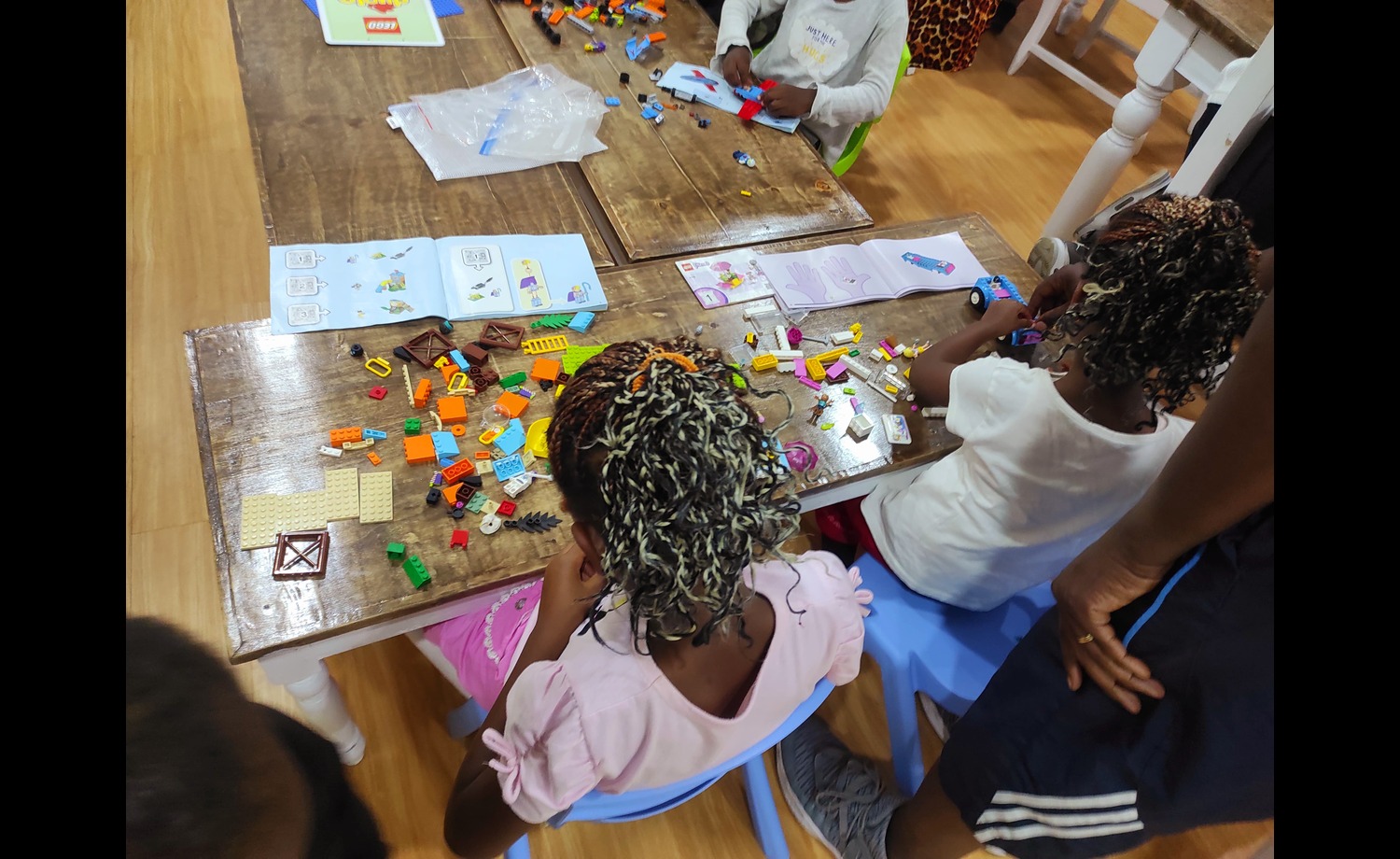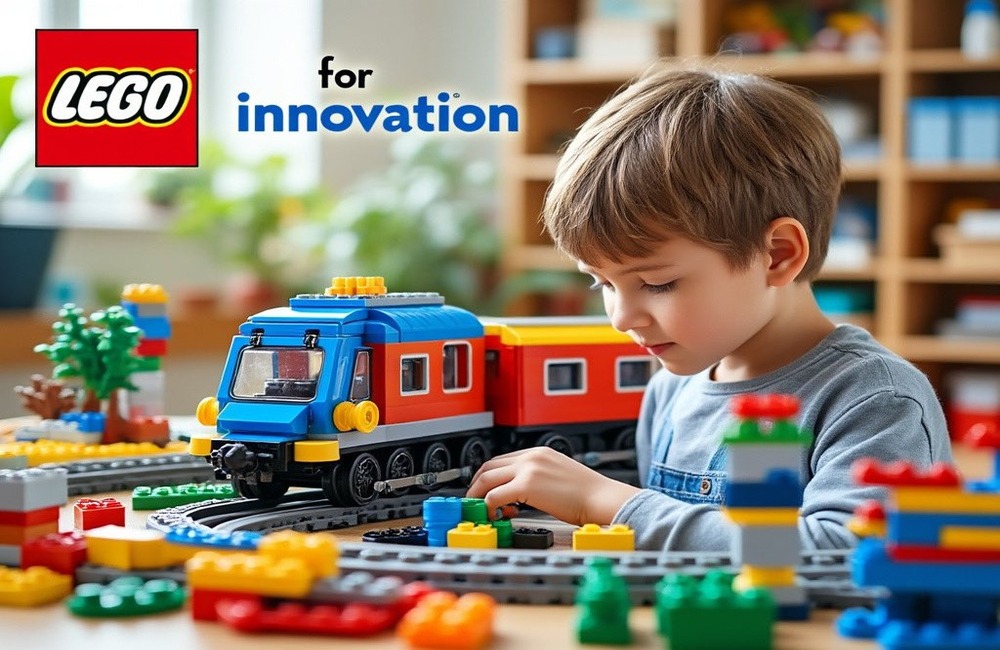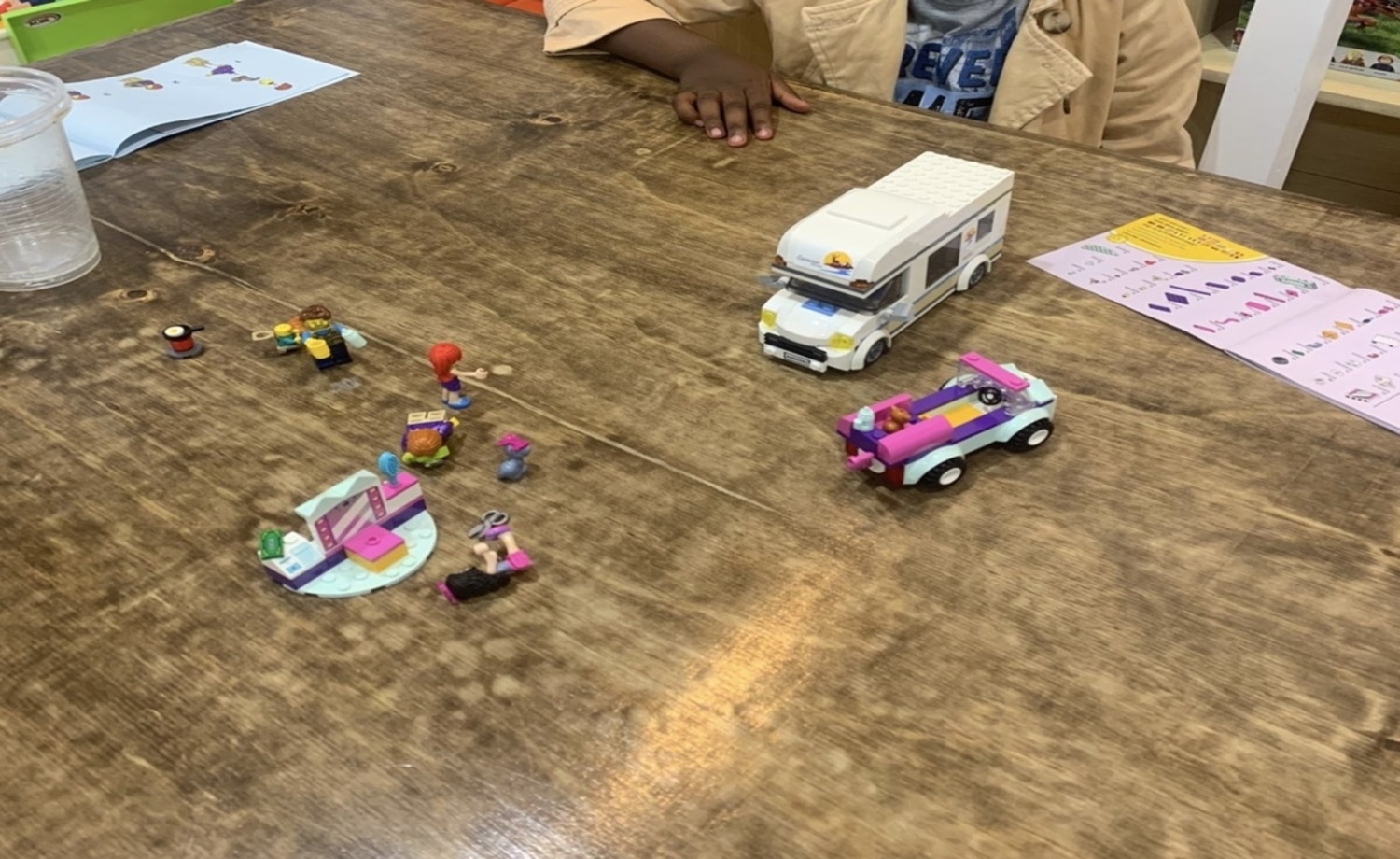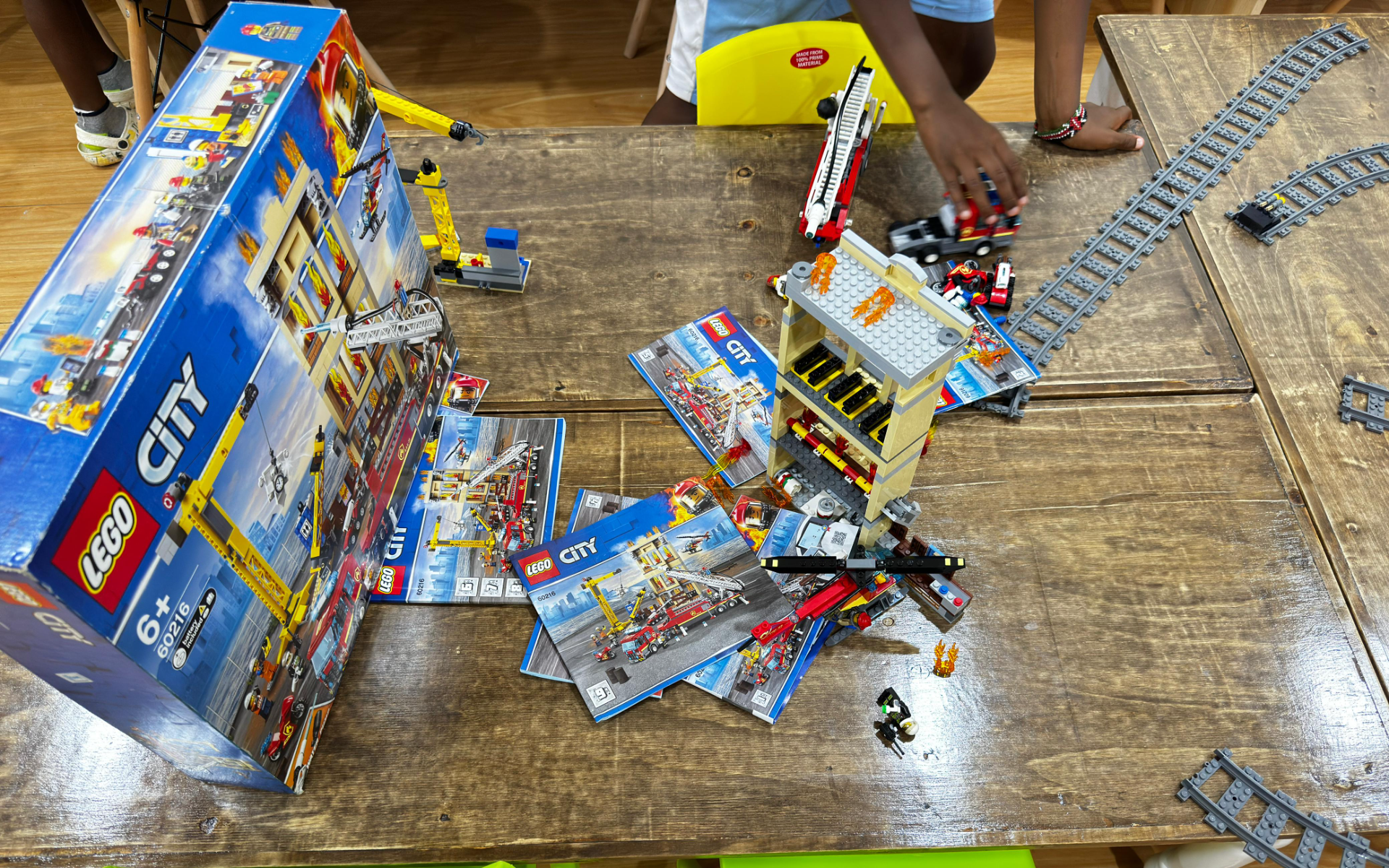One of the most apparent benefits of LEGO play is its ability to ignite creativity and imagination in children. LEGO bricks engage various facets of the mind, making it a valuable tool for learning and growth.
LEGO bricks have been a staple of childhood play for generations, captivating the imaginations of children worldwide. However, beyond the joy of constructing colorful creations, LEGO play offers a myriad of cognitive benefits that contribute to children's mental development. From fostering creativity to enhancing problem-solving skills, the act of building with LEGO bricks engages various facets of the mind, making it a valuable tool for learning and growth.
How does LEGO Play foster Mental Development in kids?
As opposed to many games or toys that kids play, LEGO offers immense benefits to brain development. Here are some of the areas LEGO play can help in mental development;
- Creativity and Imagination:
One of the most apparent benefits of LEGO play is its ability to ignite creativity and imagination in children. With an endless array of bricks in different shapes, sizes, and colors, LEGO sets provide a blank canvas for children to express their ideas and bring their imagination to life. Whether building towering castles, futuristic spacecraft, or bustling cities, children are encouraged to think outside the box and explore new possibilities, fostering creativity and originality.
-
Spatial Awareness and Fine Motor Skills:
As children manipulate LEGO bricks to connect, stack, and assemble them into intricate designs, they develop essential spatial awareness and fine motor skills. This hands-on engagement requires precise movements and coordination, helping children understand spatial relationships and proportions. By experimenting with different configurations and structures, they hone their spatial reasoning abilities, laying the foundation for future endeavors in science, technology, engineering, and mathematics (STEM).
-
Problem-Solving and Critical Thinking:
LEGO play inherently involves problem-solving and critical thinking as children encounter challenges and obstacles during the building process. Whether it's figuring out how to construct a stable foundation or troubleshooting a design flaw, children learn to approach problems analytically and develop strategies to overcome them. This iterative process of trial and error encourages resilience and perseverance, teaching children that setbacks are opportunities for growth and learning.
-
Collaboration and Communication:
LEGO play also facilitates collaboration and communication among children as they work together to achieve a common goal. Whether building collaboratively or sharing ideas and resources, children learn the value of teamwork and effective communication. Through negotiation, compromise, and sharing responsibilities, they develop essential social skills that are crucial for success in school and beyond.
-
STEM Learning:
LEGO sets offer a practical and engaging way to introduce children to concepts in science, technology, engineering, and mathematics (STEM). From understanding basic principles of physics and engineering to exploring concepts like symmetry and geometry, LEGO play provides a hands-on approach to STEM learning that complements traditional classroom instruction. As children design and build their creations, they naturally encounter STEM concepts in a tangible and meaningful context, fostering a deeper understanding of these subjects.
Conclusion:
LEGO play is much more than just a pastime for children—it's a powerful tool for mental development and learning. By engaging in hands-on building activities, children develop crucial cognitive skills such as creativity, problem-solving, spatial awareness, and critical thinking. Moreover, LEGO play promotes collaboration, communication, and STEM learning, preparing children for success in school and beyond. So, the next time you see a child immersed in a sea of colorful bricks, know that they're not just building structures—they're building minds.
Visit Bricks City LEGO for an Amazing LEGO play experience.
